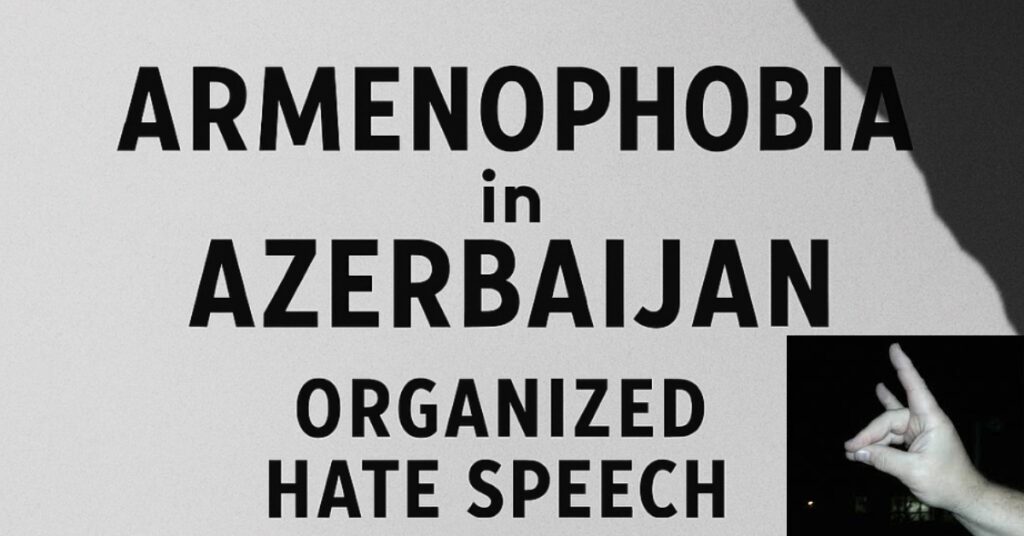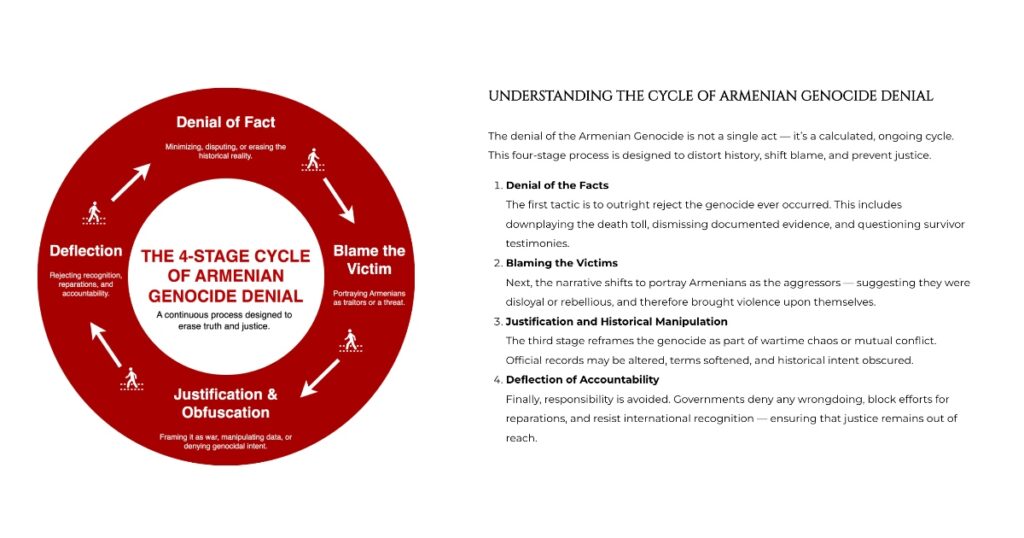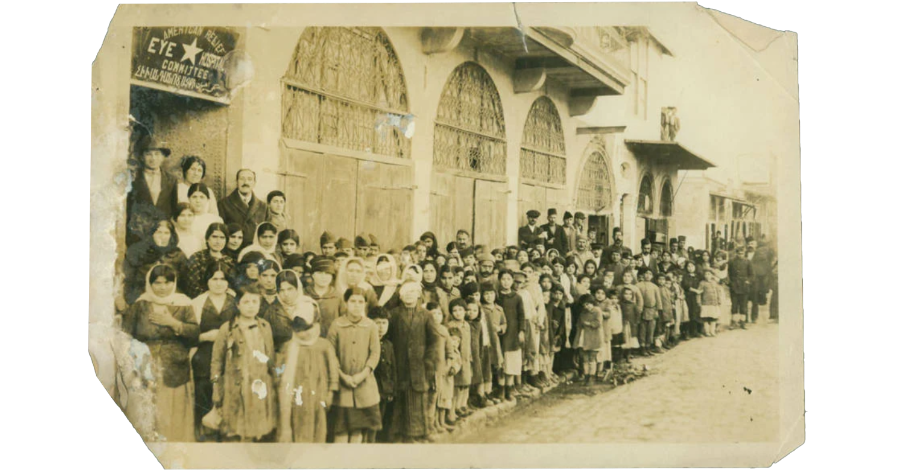Gregory Stanton of Genocide Watch once said “Denial is the final stage of genocide.” The Armenian Genocide did not end in WWI. Its methods changed. Its weapons evolved. Its battleground moved—now, it lives on in the comment sections, in the social media feeds, in anonymous DMs and algorithm-boosted lies.
Today, Armenians around the world are experiencing a digital continuation of the very hate that once sought to erase them. Denial is no longer just an act of erasure—it’s a weapon of harassment, psychological warfare, and digital persecution. This is what we call Digital Genocide—a coordinated effort to suppress, distort, and intimidate through technology.
The Bot Armies of Denial
Much of the hate that floods Armenian digital spaces isn’t coming from ordinary people. It’s artificial. Bots—often programmed and deployed by foreign institutions with anti-Armenian agendas—masquerade as users with Armenian names, sometimes even using the Armenian alphabet to gain trust.
These accounts push false narratives, rewrite history, and target Armenians who speak the truth about genocide, territorial aggression, and human rights violations. Behind many of them are state-backed or institutionally encouraged disinformation campaigns from Turkey and Azerbaijan—intended to gaslight the world and destabilize our communities.
Some Armenian users have reported being overwhelmed by coordinated attacks the moment they share a post about Artsakh, the Armenian Genocide, or any call for justice. This is not accidental. This is a digital front in an ongoing war against truth.
Beyond Denial: Online Threats Are Real
While denial is the ideological backbone of these attacks, the consequences are far more direct. Threats of violence. Doxxing. Account hacking. Personal information leaks.
Armenians who speak up—especially scholars, influencers, activists, and diaspora youth—are increasingly targeted for simply sharing their heritage, their trauma, or their truths. The goal is fear, silence, and submission. But silence is not an option.
We must understand: genocide denial is not just a historical issue—it’s a security issue.
We Have the Right to Be Safe—Online and Offline
Armenians everywhere have a right to exist without fear. We have the right to advocate, to speak our truths, to preserve our history—and to demand protection under international and domestic laws.
Hate speech, digital harassment, and coordinated disinformation campaigns may happen online, but their impact is real. The psychological effects of digital targeting are serious—and legally, they are not protected speech.
How to Protect Yourself and Your Rights
- Don’t Engage with Bots: If an account seems suspicious (especially with fake Armenian names), report and block. Don’t waste emotional energy arguing with AI.
- Protect Your Data: Use strong passwords, two-factor authentication, and VPNs when accessing or sharing sensitive content.
- Report Hate: Platforms like Instagram, Twitter (X), and Facebook offer hate speech reporting tools. Use them—and screenshot harassment for legal documentation.
- Know Your Rights: In Canada and many countries, online threats, doxxing, and hate speech can be criminal offenses. Consult cyber law resources or legal experts if you are being targeted.
- Build Community Resilience: Support and follow trusted Armenian institutions, historians, and fact-checkers. Truth is our greatest weapon.
Digital Genocide is real. But so is our resistance.
The Armenian people have endured what many could not survive—and we are still here. But “never again” means vigilance. It means we fight denial with facts, hate with law, and fear with community.
The war for truth continues—and we will not lose this front.



